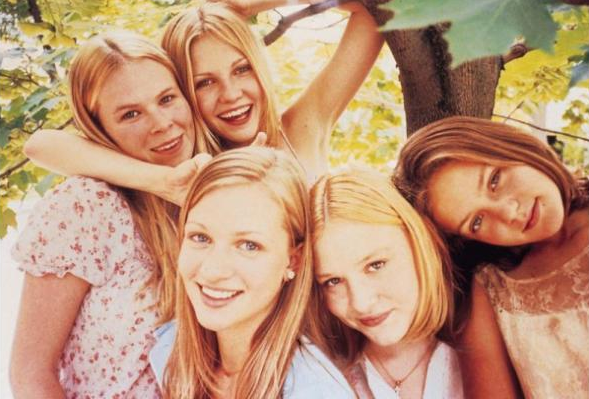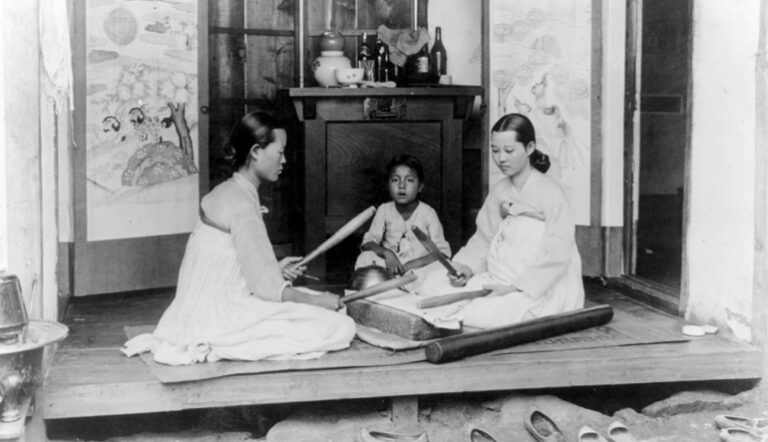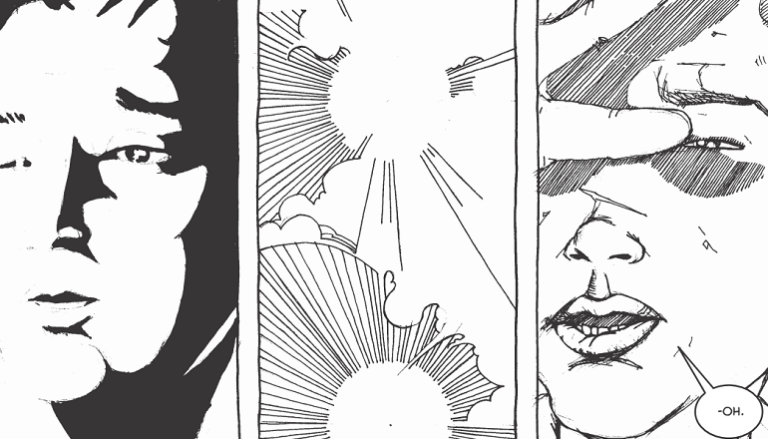Fantasy Blog Draft – Round 4 – Nonfiction Writers
In Round Four, the Fantasy Blog Draft Managers will set you free with the truth—this week they’re picking nonfiction writers. But the big question is where within the genre of nonfiction will their picks take them? Whence will this truth (or perhaps “truthiness”?) originate? Nonfiction is, arguably, the widest genre we have in writing. It includes everything from personal journals and diaries, to the earliest essays and philosophical tomes, to lyric essays and prose poems—and even on to nonfiction novels and New Journalism forays that borrow many fictional techniques. Let’s see how the managers dealt with such a wide range of options!
Editor: Robert Silvers
Fiction Writer: Donald Barthelme
Philosopher: Iris Murdoch
With the nineteenth pick, Leave it to Cheever selects Marguerite Young:
Manager Justin Alvarez on the decision:
Some writers spend years honing his or her craft; an elite few are born with the “gift.” As Marguerite Young told The Paris Review, her grandmother “knew from when I began to pick up a pencil that I would be a writer.” Young is an interesting choice for nonfiction, as her output was historically sparse and covered poetry, fiction, and criticism. However, Harp Song for a Radical, her unfinished treatise on the life and times of celebrated labor leader Eugene V. Debs, is like nothing you’ll ever read. Occupying the last twenty-five years of her life, Harp Song is a snapshot of all the elements that influenced Debs—and all that was forever changed by his presence. Poetic and sweeping, Young demands your attention throughout—but you will be dutifully rewarded by her love poem. One finishes regretting that Young did not live to complete this messy, awe-inspiring biography. And isn’t that what all great books should do?
If you haven’t read Young’s work, then you are probably in the majority—as noted in the New York Times’ famous obituary. This feels like a solid pick, especially given Robert Silvers as the editor would likely be able to whip a wild manuscript into shape. A Joyce-like biographer adds a whole new dimension to this team.
Editor: Max Perkins
Fiction Writer: Virginia Woolf
Advice Columnist: Cheryl Strayed
With the twentieth pick, Vonnegut to the Chopper! selects Roberto Bolaño:
Manager Brenna Dixon explains this interesting selection:
Roberto Bolaño, author of The Savage Detectives and 2666, often blurs the line between fiction and nonfiction. It’s like writer Pam Houston’s 80/20 rule: his fiction is 80% truth, 20% fiction. Most of his fiction stems from his own experiences to the point that we have to wonder how much of it is really fiction at all. Take his short story, “Gomez Palacio,” for example. Gomez reads eerily like Real-Life Young Poet Bolaño. So, yes, Bolaño isn’t technically a nonfiction writer, but there’s value in a player who can move successfully between positions. Wherever he is on the field he’s scoring points, because like Max Perkins says, “Hell, if he can’t bend a genre.”
Dixon has inverted expectations: She’s taken a notable fiction writer who makes use of nonfictional content. But Perkins as editor would be familiar with writers like this (Hemingway and Fitzgerald to name two) and likely could guide Bolaño into great work. This also cleverly internationalizes the Vonnegut to the Chopper! crew.
Editor: George Plimpton
Fiction Writer: Kurt Vonnegut
Events Coverage: Emily Dickinson
With the twenty-first pick, The Mighty Duck Palahniuks select Werner Herzog:
Benjamin Samuel on the pick:
In a sense, nonfiction is a quest for the truth. And in that sense, Werner Herzog is like the Indiana Jones of the nonfiction genre. The man has been shot, eaten his own shoe leather (a great survival skill), and wrestled with albino alligators guarding ancient cave paintings. In this age of “truthiness” only one man can be entrusted with the grave responsibility of writing nonfiction for my fantasy blog. That man is Herzog.
Another exciting pick from The Mighty Duck Palahniuks! And, yes, being able to eat his own shoe probably won’t hurt this team’s chances in the elimination rounds.
Editor: Dave Eggers
Fiction Writer: William Faulkner
Cultural Critic: Roxane Gay
With the twenty-second pick, The Holden Caulbabies select Michel de Montaigne:
Manager Michael Nye takes another genre demigod. Here’s Nye on the selection:
A good team requires balance, and we’ve gone modern with our editor in chief, American classic in fiction, and dynamic observer of the current culture zeitgeist. So, time to get out of America and kick it old school. We’ve selected the Frenchman often thought of as the father of the essay, which is my preferred term for “nonfiction” or “creative nonfiction” anyway. Along with being the heavyweight champion of the essay and the foundation for all great essay writers for the next four hundred years, what’s so attractive about Montaigne is that he was a genuine person. What do I know? What do any of us know? What a great essayist does is think and write and think and write some more until all the right questions have been asked, even if the answers are not revealed. Montaigne would be delighted by the modern age, diving fully into the cornucopia of possibilities not just language and form, but with the world at large.
The subtitle for The Holden Caulbabies might easily be “Go Big or Go Home”—this is a monster pick and easily helps the team earn its first round bye in the competition. Montaigne is the godfather of nonfiction and would be in prime position to weigh in on the recent developments in memoir and personal essay.
Editor: John Martin
Fiction Writer: Boris Vian
Social Media Director: Dorothy Parker
With the twenty-third pick, What the Chuckin’ Buk?! selects Geoff Manaugh:
There are built environments that we experience daily without so much as a second thought: passing through buildings and along busy streets, wandering small towns and rushing along in major, bustling metropolises. But behind the facades, beneath the foundations, there are myriad strange and surreal untold stories that give the architecture of the world—both manmade and organic—a beating heart and sense of soul that belies its inanimate nature. Geoff Manaugh’s fascination with what was, what is, and what could be has made his BLDGBLOG a must-read for years, thanks to his singular vision and über-smart, articulate perspective. Plus—full disclosure—I have had the pleasure of working with him, and he’s one of the funniest, nicest guys around. An all-around all-star addition to my team.
An excellent addition of a young, tech-savvy nonfiction specialist to this team of spirited enthusiasts. This also gives What the Chuckin’ its first draft pick on Twitter. Manaugh is a sneaky good pick and aptly follows Montaigne as a writer that aims through writing to reflect self off of the external environment and vice versa.
Editor: Toni Morrison
Fiction Writer: Ben Lerner
Gossip Columnist: Jeffrey Eugenides
With the twenty-fourth pick, Buckle Your Corn Belts selects William Gass:
Managers Marty Kezon and Joumana Khatib on the pick:
Marty and I have chosen William Gass as our nonfictionalist. His daring interdisciplinary forays (spanning philosophy, literary criticism, and misanthropy, to name a few) are a true tour de force—what can’t he write about? Not to mention that he’s an old friend of The Kenyon Review and a Kenyon College graduate. Can’t get much more local than that.
Although this may seem at first like a questionable pick, especially with Gass’s opinions about technology on clear display in “A Defense of the Book,” Gass has in recent years come around and shown his multimedia savvy with “Abstrations Arrive,” an iPad-only work that pairs an essay with Michael Eastman’s photographs. Readers of this blog can “expect to be continually surprised by Gass’s rendering of the motion of thought.”
As always, the commissioner has rounded up the best of the forgotten. These are the top nonfiction writers that were left on the board by the managers:
5. John Hersey. Although he was first a Pulitzer Prize-winning novelist, Hersey may have written a perfect book in Hiroshima, an incredible account of the atomic bomb and its impact on the lives of six citizens in the city. The book initially took up a full issue of the New Yorker and was published just over a year after the bombing.
4. Philip Lopate. Lopate is the kind of writer that all essayists and self-revealing memoirists secretly long to be. He mastered the essay, the profile, and seamlessly integrates criticism (both literary and cinema) into personal writing.
3. Thucydides. We’ve got to have an old guy on here, someone who’s been laying down the truth for thousands of years, someone even older than Montaigne—and why not the originator of history, the documenter of Thermopilae, Thucydides himself?
2. Susan Sontag. An incredible thinker and writer, she could take a Fantasy Blog to a different level. An erotics of blog, anyone?
1. Sei Shonagon. Another female Japanese writer at the top of one of these lists, Shonagon was the author of The Pillow Book, the Heian Era equivalent of Lena Dunham’s Girls. “Hateful Things” might be one of the most entertaining pieces of writing of all time. Take this brief excerpt for example:
One is telling a story about old times when someone breaks in with a little detail that he happens to know, implying that one’s own version is inaccurate—disgusting behavior!
Her writing would fit perfectly on a blog. It is shameful/hateful/disgusting/odious that she was not taken this round!
Check back in two weeks to see the poetry slam that goes down as the managers attempt to versify their portfolios.


